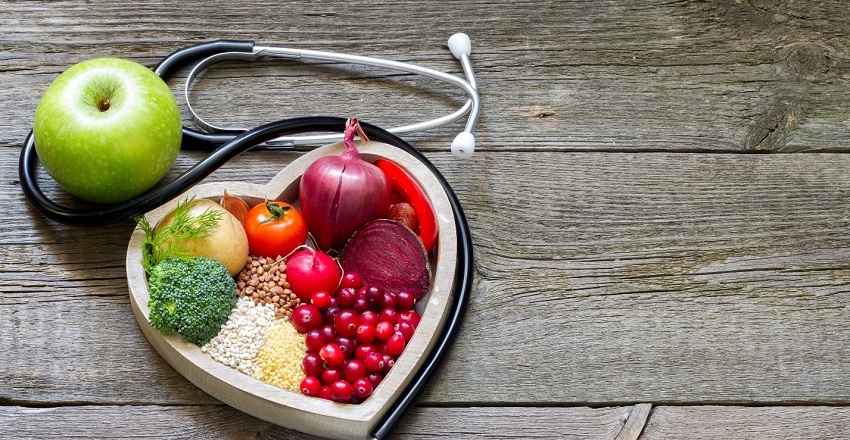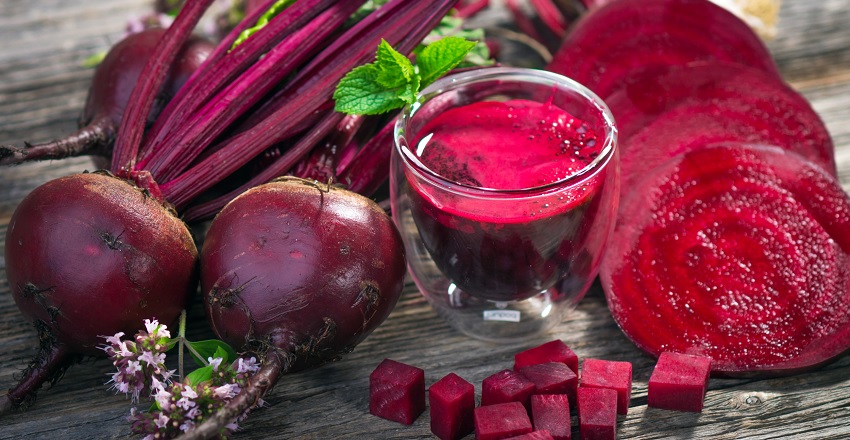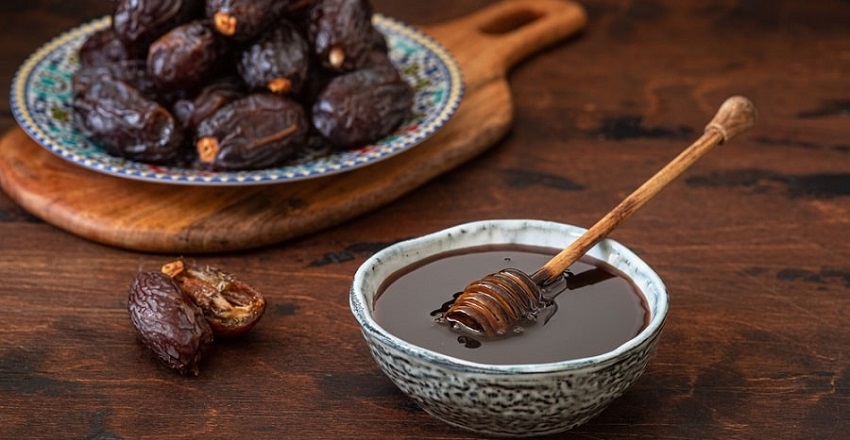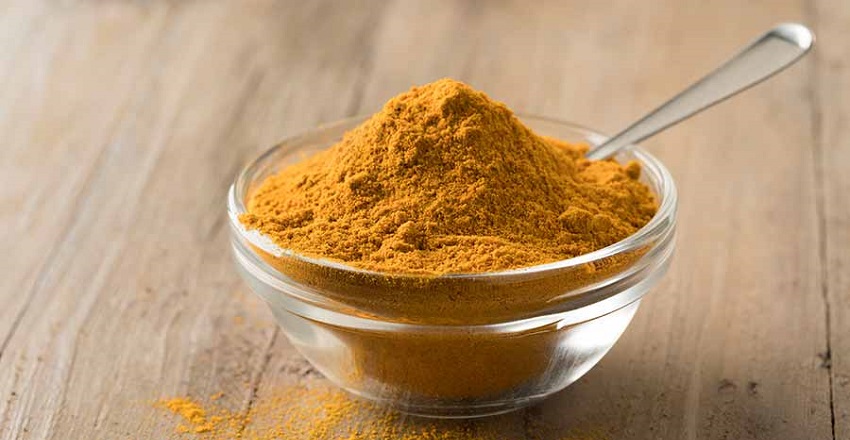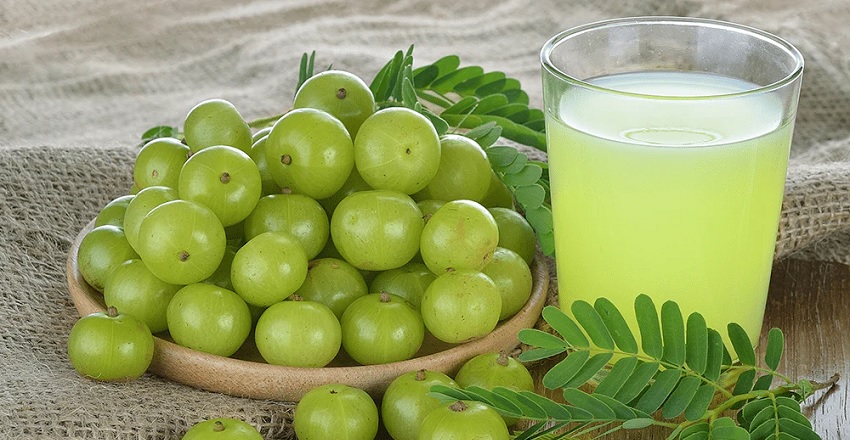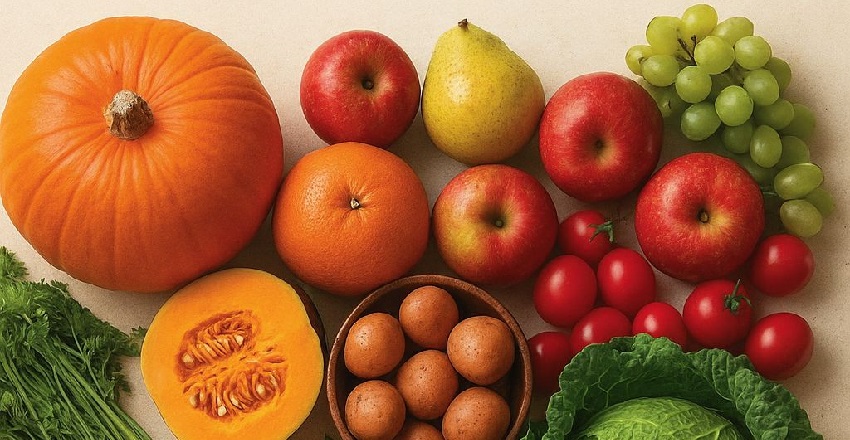For years, modern hydration trends have promoted the idea that drinking large quantities of water immediately after waking up—sometimes as much as 2–3 litres—can flush toxins, trigger bowel movements, and improve overall health. However, Ayurveda, a 5000-year-old system of holistic wisdom, offers a very different perspective. According to Ayurvedic science, water is a powerful therapeutic substance that affects the digestive fire (Agni), tissues, energy flow, and elimination. Therefore, how and when we consume water is far more important than simply focusing on the quantity. This blog explores why large water intake first thing in the morning is not recommended and why it may not actually relieve constipation or stimulate natural bowel movements as many believe. The Ayurvedic Perspective: Water and the Digestive Fire (Agni) Agni is responsible for: When you flood the body with excess water in the morning, particularly cold or room temperature water in large amounts, it may lead to: This is similar to dousing a burning flame… Continue reading Why Drinking 2–3 Litres of Water Does Not Induce Bowel Movements and Is Not Advised Upon Waking Up, According to Ayurveda




